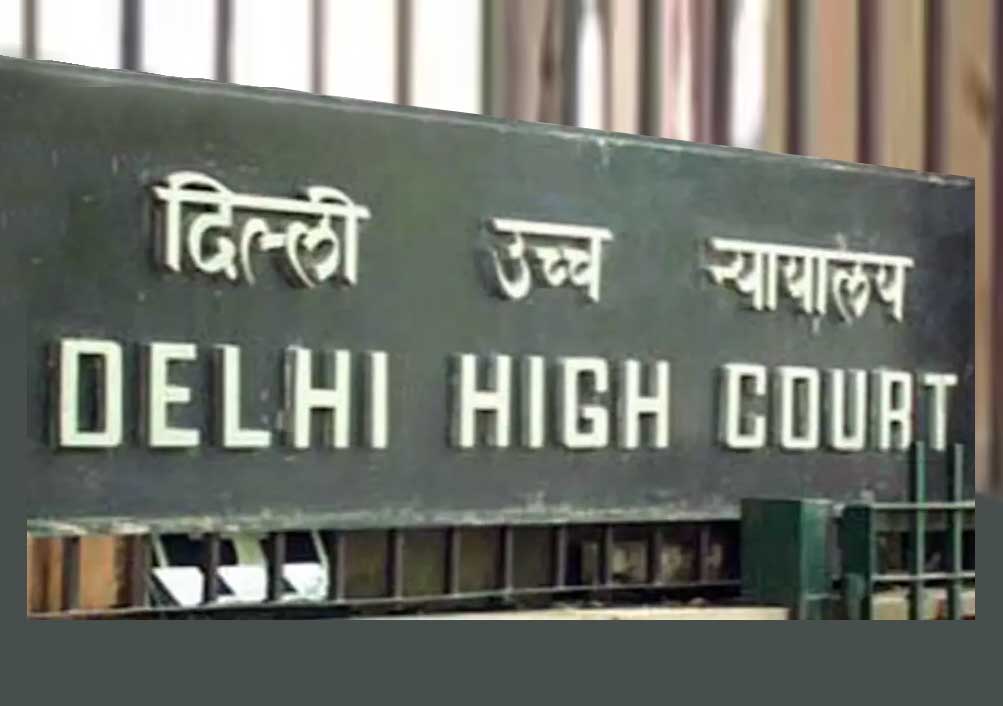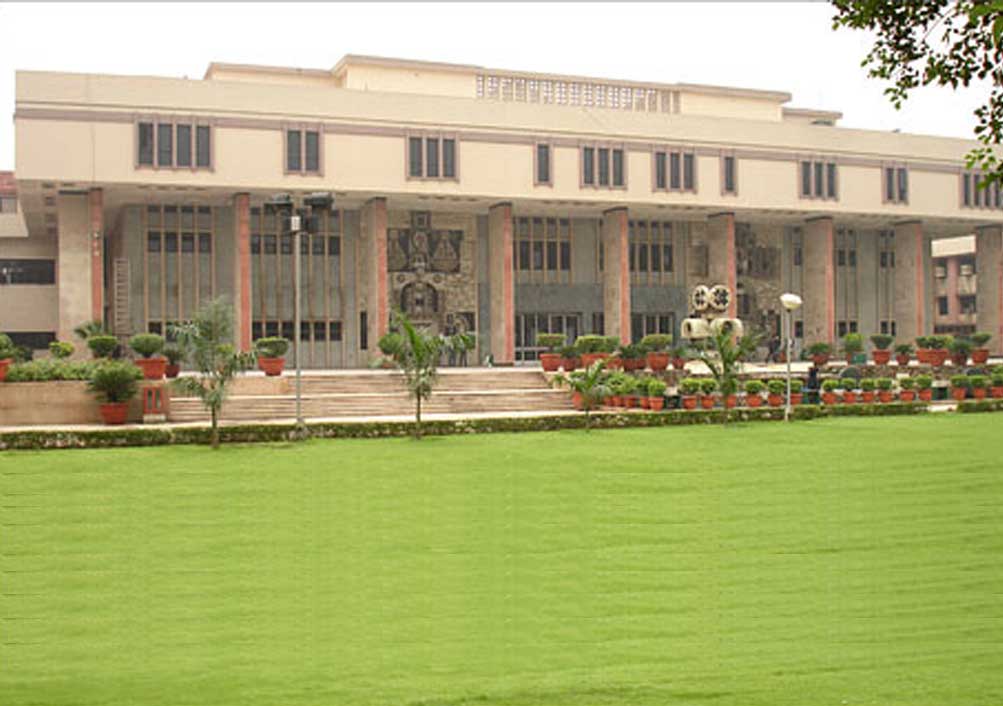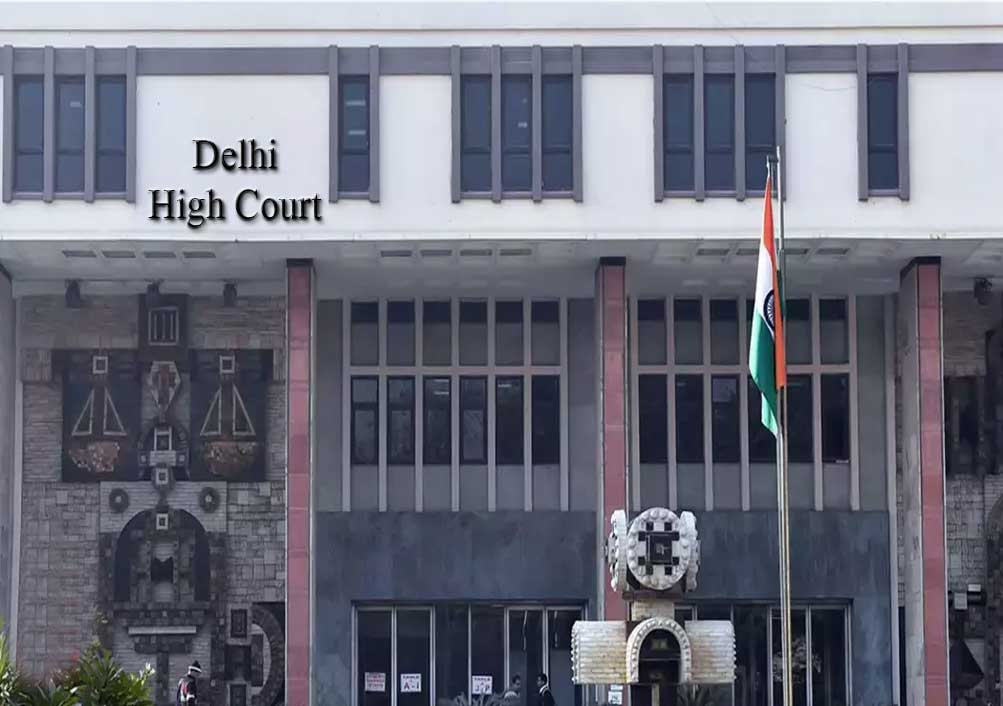In Criminal Appeal No. 1147 of 2022–SC- Revisional jurisdiction of High Court u/s 397 r/w Sec.401 CrPC, is discretionary jurisdiction that can be exercised by revisional court suo motu to examine correctness of Trial Court’s order: SC
Justices D.Y. Chandrachud & J.B. Pardiwala [04-08-2022]

Read Order: HONNAIAH T.H V. STATE OF KARNATAKA AND OTHERS
Mansimran Kaur
New Delhi, August 16, 2022: As the power of revision can be exercised by the High Court even suo moto, there can be no bar on a third party invoking the revisional jurisdiction and inviting the attention of the High Court that an occasion to exercise the power has arisen, the Supreme Court has observed.
The Division Bench of Justice D.Y. Chandrachud and Justice J.B. Pardiwala allowed the instant appeal that stemmed from the judgment passed by the High Court of Karnataka by which the criminal revision filed by the appellant was dismissed on the ground of maintainability. In view of the same, the appellant approached the present Court.
The Division bench was of the view that a court can exercise its revisional jurisdiction against a final order of acquittal or conviction, or an intermediate order not being interlocutory in nature.
It had been alleged that a dispute occurred in 2016 between the accused and villagers of Thoppanahalli village in Maddur, Karnataka on the allocation of water. The dispute was alleged to have led to a series of altercations and culminated in the murder of two persons and injuries to several others, including the appellant. A First Information Report under Section 154 of the Code of Criminal Procedure 1973 (CrPC) was registered for offences punishable under Sections 143, 147, 148, 504, 323, 302, 307, 114 and 149 of the Indian Penal Code.
According to the FIR, on December 25,2016, the accused came to the village of the appellant armed with knives and rods, and abused and assaulted some of the villagers. A few of the accused allegedly assaulted and stabbed the appellant, his elder brother, Mutthuraju, and another villager with knives. The grievously injured persons were taken to the Hospital but both Nandeesha and Mutthuraju succumbed to injuries.
The appellant claimed that the FIR was registered on the information which was furnished by him, making him the informant. Upon investigation, a charge-sheet was submitted under Section 173 CrPC before the competent court and the case was committed for trial. Subsequently, the appellant instituted a criminal revision under Sections 397(1) and 401 of the CrPC. The High Court by the impugned judgment upheld the order of the trial court, and dismissed the revision petition on the ground of maintainability. Aggrieved by the same, the appellant approached the present Court.
After hearing the submissions of the parties, the Court noted that the order of the Trial judge cannot in these circumstances be treated as merely procedural or of an interlocutory nature since it has the potential to affect the substantive course of the prosecution. “The revisional jurisdiction under Section 397 CrPC can be exercised where the interest of public justice requires interference for correction of manifest illegality or the prevention of gross miscarriage of justice”, said the Bench.
At this stage reliance was placed on the cases namely, Amit Kapoor v Ramesh Chander and Sheetala Prasad v Sri Kant, Amar Nath v State of Haryana. In addition to the same, the Court also noted that the revisional jurisdiction of a High Court under Section 397 read with Section 401 of the CrPC, is a discretionary jurisdiction that can be exercised by the revisional court suo motu so as to examine the correctness, legality or propriety of an order recorded or passed by the trial court or the inferior court.
As the power of revision can be exercised by the High Court even suo moto, there can be no bar on a third party invoking the revisional jurisdiction and inviting the attention of the High Court that an occasion to exercise the power has arisen. Thus, the impugned judgment of the High Court was incorrect in holding that the appellant did not have locus to institute the criminal revision against the order of the trial court, held the Bench while allowing the appeal.
Sign up for our weekly newsletter to stay up to date on our product, events featured blog, special offer and all of the exciting things that take place here at Legitquest.




Add a Comment